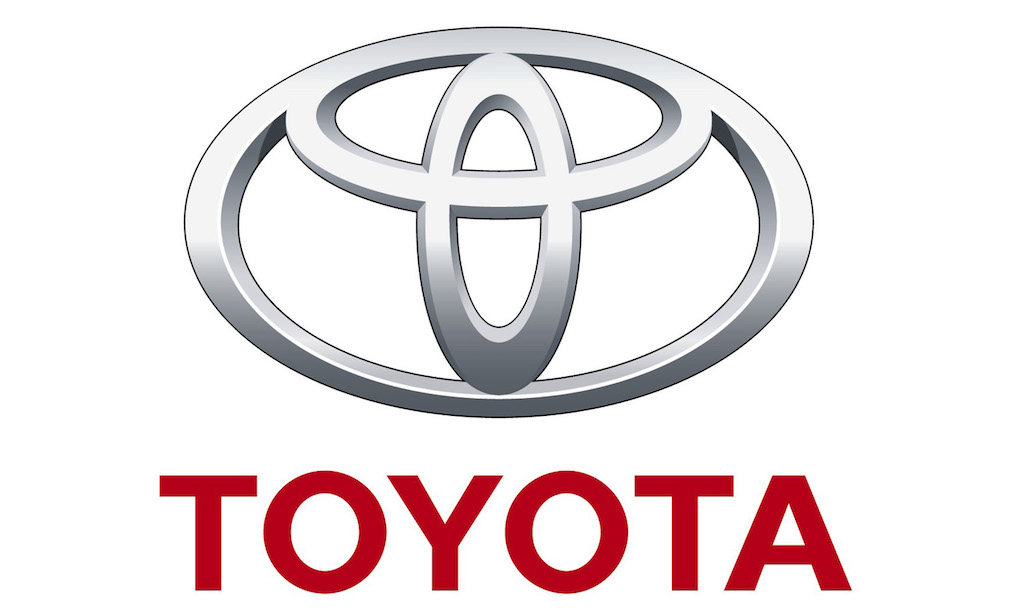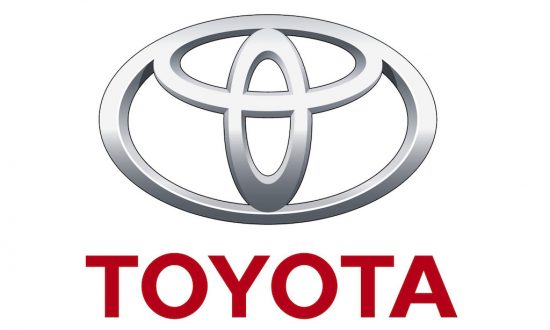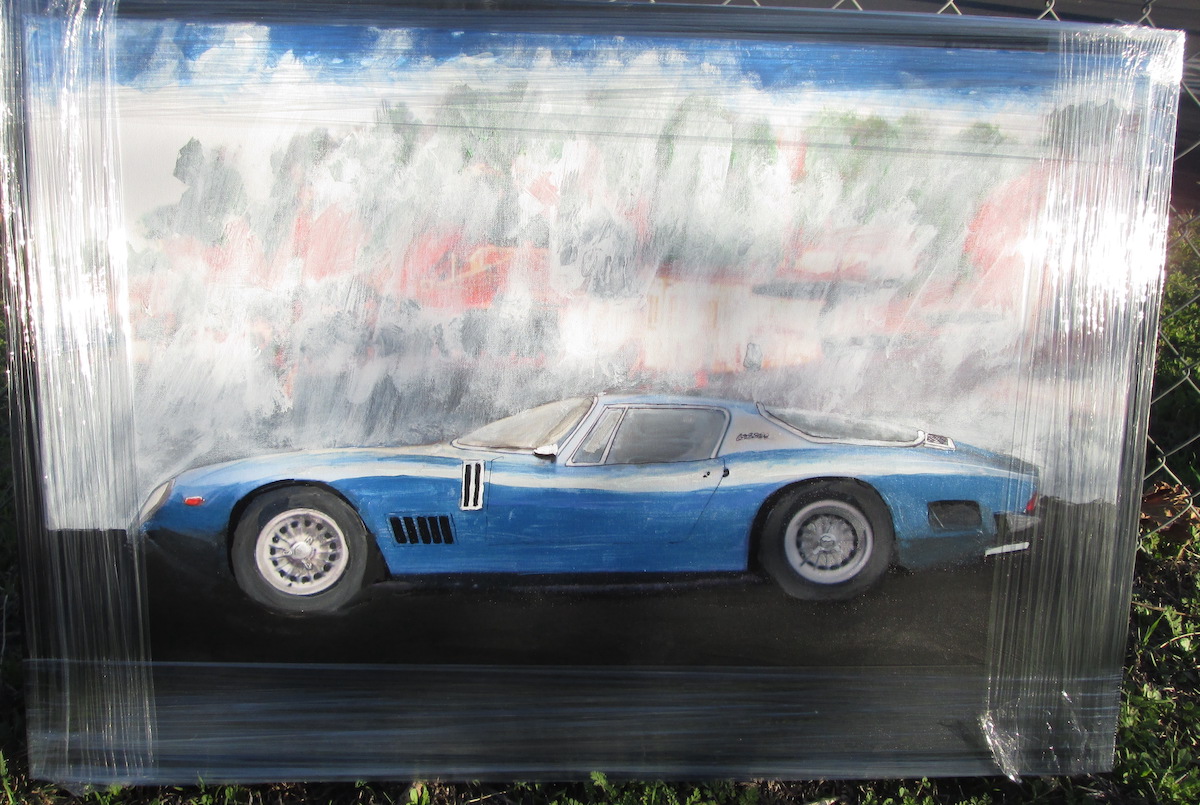by Mike Gulett –
The entire automobile industry and most governments around the world are moving full speed ahead to convert the auto industry from internal combustion gas powered vehicles to battery powered electric vehicles – except one important car manufacturer, one of the largest. Toyota has not committed to meeting the deadlines set by several governments, like California that has put a stake in the ground for the full conversion for new cars not being gas powered by 2035.
Toyota’s CEO, Akio Toyoda, is not convinced this is an attainable objective. He recently confirmed his strategy to continue investing in a range of electrified vehicles instead of going all-in on all-electric cars and trucks like other car manufacturers. He believes adoption of EVs will be slower than many in the industry and government think and that these new regulations will be “difficult” to accomplish. The use of the word “difficult” by a Japanese person usually means “no way”.
Toyoda does not believe all-electric vehicles will be adopted as quickly as most think, due to a variety of reasons. He thinks there will be “tremendous shortages” of lithium and battery grade nickel in the next five to 10 years, leading to production and supply chain issues. He also pointed out the lack of infrastructure, pricing and how customers’ choices vary by location as examples of possible roadblocks.
Toyota will deliver powertrains that include hybrids and plug-in hybrids like the Prius, hydrogen fuel cell vehicles like the Mirai and 15 all-electric battery models by 2025.
What do you think? Is Akio Toyoda right or is the rest of the world right?
Let us know what you think in the Comments.




i think he might be right,
I wonder why there has been only one option — electric — pursued by governments. I know they tout “renewable energy” as the reason but the possibility of that being becoming reality is questionable. Hydroelectric is clean and safe, but there are only so many rivers to be dammed. Solar panels are not all that efficient and have a life span of around 20 years. Has anyone considered 1) the environmental impact of solar panels not only when installed (how they affect plants and animals) and 2) disposal issues once they’re replaced. Same with wind generators. Not that these are bad, only I don’t think we on this planet can count on them to me our energy needs. Of course, battery disposal is an issue once they are replaced, or an EV is sent to the salvage yard.
Fuel cells might be the answer, but we still have battery manufacturing and disposal issues
Why aren’t we looking at other alternatives: gas turbines (they can burn about anything, and we can raise the crops that can provide the fuel) as well as steam-powered vehicle (remember Bill Lear’s IndyCar project?). We have heat transfer technology today that didn’t exist in the 1960s.
I think Mr. Toyoda is right. The market will push back.
Agreed. I think Mr Toyoda is on point.
Living in NYC I see tremendous disparity between urban and suburban/rural’s ability to adapt to EV. Infrastructure being the primary challenge, followed closely by my (uneducated sense) that we seriously need a leap in energy storage technology to really break through things like manufacturing and end-of-life sustainability/footprint, scarcity of precious metal use, and of course convenience/speed of charging.
In all of mankind never ever has a bigger hoax been pulled off like this ! The exception being the Covid 19 response. Two people will be single out for contributing the most to the debacle. The esteemed Mary Barra and Fauci.
Good to hear that Mr Toyoda has put his brain into the correct gear and realised that California is not God and in charge of this planet . He is in charge of one of the world’s largest automotive producers and he is using common sense in making this wise decision . It seems there really is a Santa .
I sold Chevy Trucks in the 1980’s. GM introduced Throttle Body Fuel Injection on many models in 1985. We marveled at how you could stand outside the cab and reach in and turn the key to start the truck without “priming” the pedal. Warmups were faster and fuel economy was better. By the end of the decade most manufacturers had adapted fuel injection. 37 years later, today we have Common Rail Injection and other fuel technology that was spawned off of TBI. But there was one thing that did not happen back then. Ronald Reagan did not come into office in January of 1981 and sign an executive order banning carburetors. Had he done so, the auto industry would have been in a tailspin and thousands of carburetor company employees would have been out of work. Sound familiar?
Toyoda is a smart guy!
Toyota did not get to the top of the automotive world by making stupid decisions. Keep your eye on your customer and always keep quality first ! Ford, GM & Chrysler certainly did not !
My favorite Toyota story is when, in the early ’70s, John Dinkel, an ex-Chrysler engineer, was working for Road & Track (and before that Car Life) He would do laps around a tight circle and cook the differential of Toyotas. In fear of having it reported, Toyota would re-design the part and send the car for another test until Dinkel could perform the maneuver. So in effect he was serving as their unpaid development engineer. Detroit automakers didn’t have the same response.